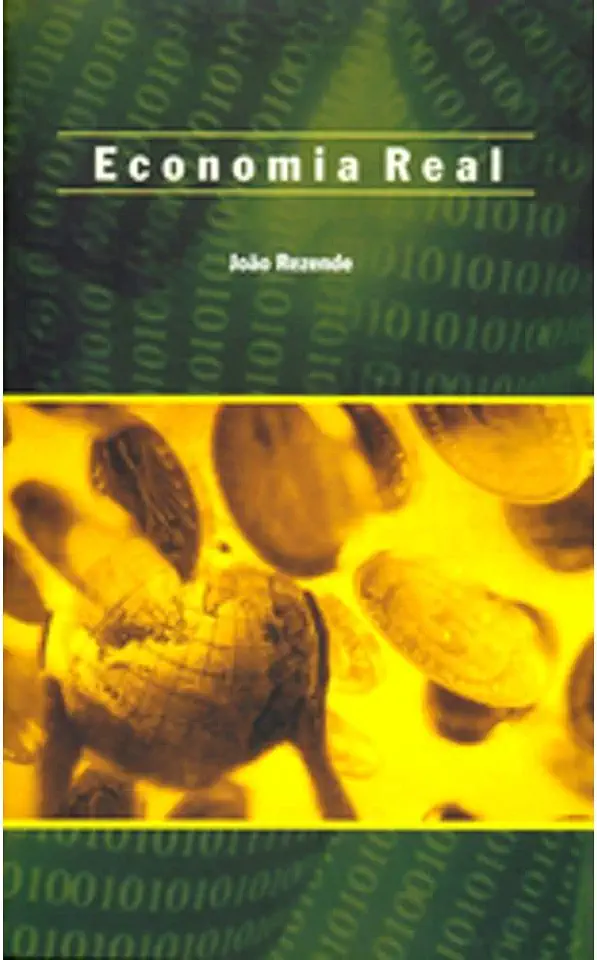
Real Economy - João Rezende
Real Economy: A Guide to Understanding the Global Economic Crisis
In his book "Real Economy", João Rezende offers a comprehensive and accessible guide to understanding the global economic crisis. Rezende argues that the crisis was not simply a financial crisis, but rather a crisis of the entire global economic system. He traces the roots of the crisis back to the deregulation of the financial industry, the rise of global inequality, and the increasing concentration of wealth in the hands of a few.
Rezende's analysis is both rigorous and accessible, making "Real Economy" a must-read for anyone who wants to understand the global economic crisis and its implications for the future of the global economy.
The Financial Crisis
The global economic crisis began in 2008 with the collapse of the US investment bank Lehman Brothers. This collapse triggered a chain reaction that led to the failure of other major financial institutions and a sharp decline in the stock market. The crisis quickly spread to the real economy, leading to a recession in the United States and Europe and a slowdown in growth in other parts of the world.
Rezende argues that the financial crisis was not simply a result of贪婪and recklessness on the part of bankers and investors. Rather, it was the product of a systemic failure that allowed the financial industry to take on too much risk. This failure was due in part to the deregulation of the financial industry, which allowed banks to engage in risky lending practices without adequate oversight.
The Rise of Global Inequality
Rezende also argues that the global economic crisis was fueled by the rise of global inequality. In recent decades, the gap between the rich and the poor has widened both within countries and between countries. This inequality has led to a decline in aggregate demand and a slowdown in economic growth.
Rezende points out that the rise of global inequality is not simply a moral issue. It is also an economic issue that has contributed to the global economic crisis. By reducing the purchasing power of the majority of the population, inequality has made it more difficult for businesses to sell their products and services. This has led to a slowdown in economic growth and a rise in unemployment.
The Concentration of Wealth
Rezende also argues that the global economic crisis was exacerbated by the increasing concentration of wealth in the hands of a few. In recent decades, the share of wealth held by the top 1% of the population has increased dramatically. This concentration of wealth has led to a decline in investment and a slowdown in economic growth.
Rezende points out that the concentration of wealth is not simply a matter of fairness. It is also an economic issue that has contributed to the global economic crisis. By reducing the amount of money available for investment, the concentration of wealth has made it more difficult for businesses to grow and create jobs. This has led to a slowdown in economic growth and a rise in unemployment.
The Future of the Global Economy
Rezende concludes by arguing that the global economic crisis is a wake-up call that requires us to rethink the way we think about the global economy. He calls for a new economic system that is more sustainable, more equitable, and more democratic.
Rezende's book is a powerful and provocative analysis of the global economic crisis. It is a must-read for anyone who wants to understand the causes of the crisis and its implications for the future of the global economy.
Why You Should Buy This Book
"Real Economy" is a must-read for anyone who wants to understand the global economic crisis and its implications for the future of the global economy. Rezende's analysis is rigorous, accessible, and persuasive. He offers a clear and concise explanation of the causes of the crisis and provides a roadmap for a more sustainable, equitable, and democratic global economy.
If you are interested in learning more about the global economic crisis, I highly recommend that you read "Real Economy". It is a book that will change the way you think about the global economy.